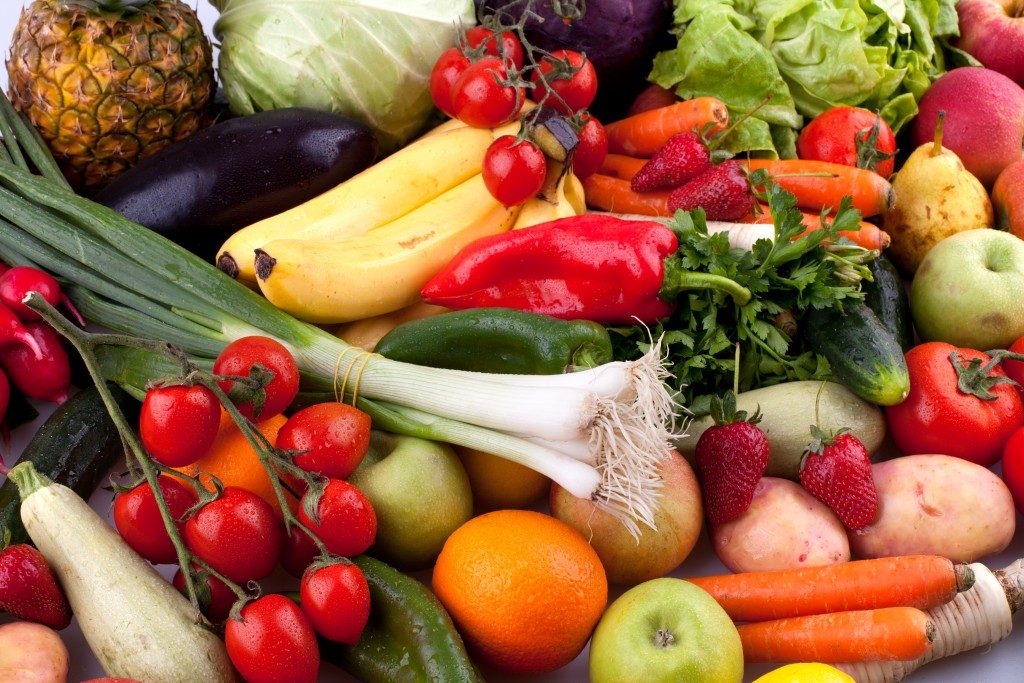More than half of adults in the US say they are buying more natural and organic food than before. Considering its benefits, the demand for organic produce may continue to grow. The need for fresh produce is great that you’ll even find organic fruit and vegetable wholesalers in the country.
The demand is rising in America, but another country may lead the way for countries to shift to organic food.
Denmark is Set on Becoming an Organic Country
Denmark is now on its way to becoming an organic country, with its vision getting closer to reality. The country even has a national organic brand, which has done well for over 25 years.
Part of the country’s efforts focuses on getting the public sector involved. This includes getting more organic food in menus at public institutions, like hospitals and day care establishments. This should be a good opportunity to get more people to go organic because public institutions in Denmark serve over 800,000 meals per day.
The Danish government has also been making sure that the country will become certified organic. In 2015, it released a 67-point plan that aims to double organic farming to increase the supply of organic food in the country by 2020. The goal is to make Denmark’s agricultural sector into organic and sustainable farming.
America has yet to achieve this, especially since only one percent of the farmland in the country is organic. But with Denmark setting an example, the US may follow suit.
Feed the World Without Chemicals
 Consuming organic produce can mean less exposure to chemicals from pesticides.
Consuming organic produce can mean less exposure to chemicals from pesticides.
Exposure to pesticides can lead to cancer and birth defects because most of them are highly toxic. Kids, in particular, can suffer from developmental effects, such as impaired stamina, memory, and drawing ability.
Pesticides don’t only affect your health; they also wreak havoc on the environment. The chemicals could contaminate farmed lands and drinking water. The poison is also hard to track because it’s odorless and invisible.
Organic farming, on the other hand, uses natural pesticides, which reduces your risk for chemical contamination. Most organic farmers choose the least-toxic approach possible to lower environmental impact. They also consider pesticides as a last resort when cultivating food.
The Healthier the Food, the Better it Tastes
Organic food is more nutritious because it retains natural vitamins and minerals. In addition, organically farmed vegetables and fruits are free from preservatives, additives, and other chemicals involved and used in processed food. With less processing involved, your food can satisfy you better.
Researchers suggest that organic berries are sweeter and more flavorful than the kind cultivated through conventional farming. Organic produce is also richer in antioxidants than processed goods. The richness will keep you healthy and strong, reducing your risk for developing certain chronic diseases, like cardiovascular and neurodegenerative illnesses.
America still has a long way to go before becoming as organic as Denmark. It will take time, money, and energy, but going organic will be worth it for the country, its people, and the environment.

